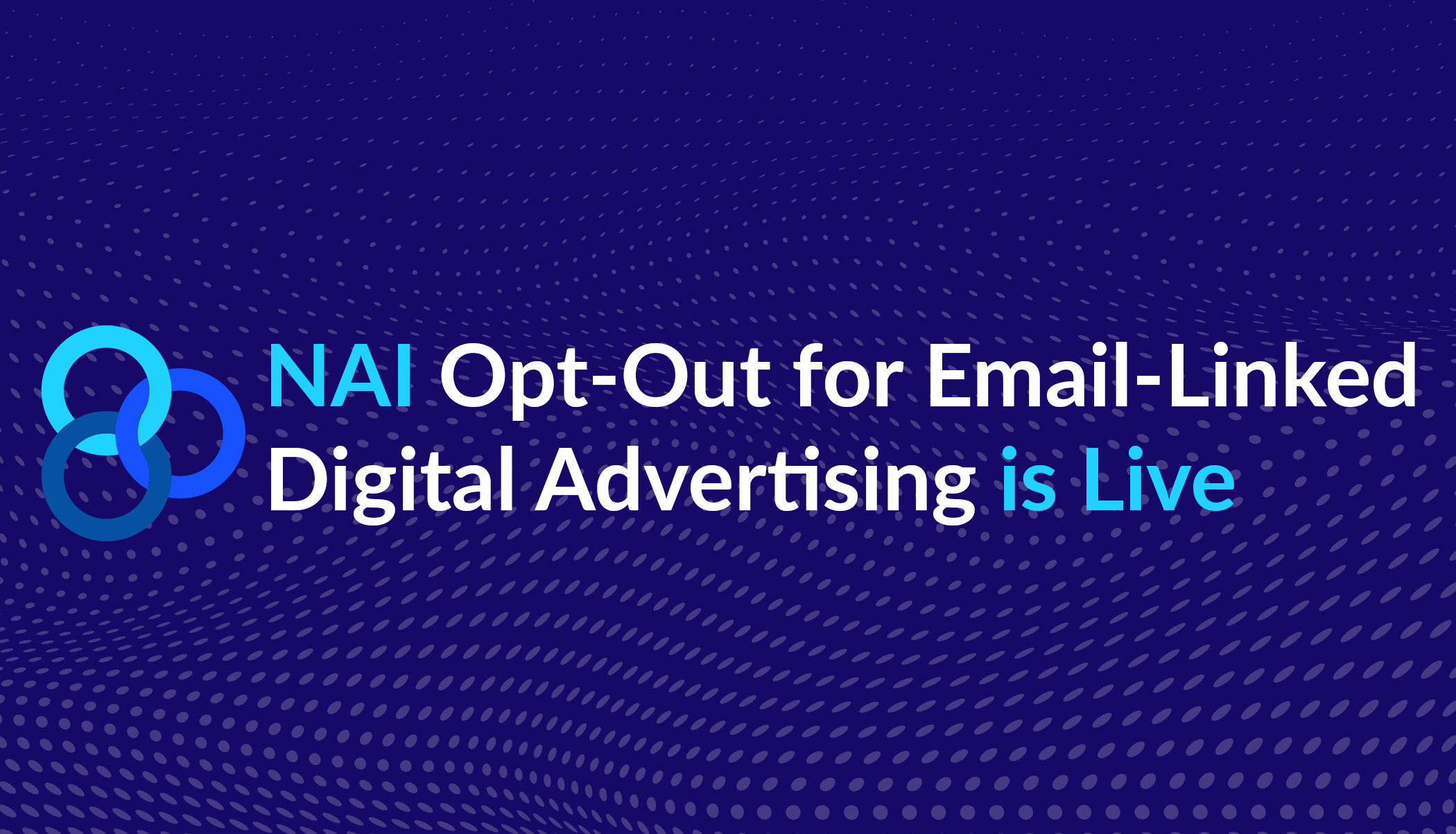NAI Leads by Example on Self-Regulatory Efforts to Protect the Privacy of LGBT Internet Users
In a new blog post on the IAPP site, NAI President and CEO Marc Groman describes NAI’s industry leading self-regulatory standards to protect the privacy of LGBT internet users and others who search online for information on sexual orientation.
In the piece, Marc describes a potential scenario in which a young man or (woman) searches on his computer in the privacy of his home for information about sexual orientation or coming out as gay. Hours or days later, he receives ads for gay-related products or services while surfing on totally unrelated websites.
Marc says, “There aren’t many examples where simply the presentation of an ad online can cause embarrassment or lead to more serious outcomes, but this is one of them.”
The power of interest-based advertising (IBA) means that internet users are more likely to be served ads that are relevant to them. But, Marc points out, “an individual should not need to worry that reading about an LGBT topic on one site will place their browser, device or user in a ‘gay’ audience segment and cause ads to show up on totally unrelated sites at unexpected times.”
That’s why, in the 2013 Code update, NAI expanded the definition of sensitive information to include sexual orientation. In short, this means that the NAI Code prohibits its members from creating audience segments or interest categories for IBA based on an individual’s status or perceived status as LGBT without obtaining opt-in consent.
Marc notes that the decision to make this change was not required by law. Rather, the NAI Board of Directors, whose membership includes industry leaders from digital media companies, voluntarily voted 12 – 0 to make this change in the Code. “This isn’t about the law,” says Marc. “It’s about what’s right.”
Read the full post on this example of strong self-regulation at work on the IAPP site.








